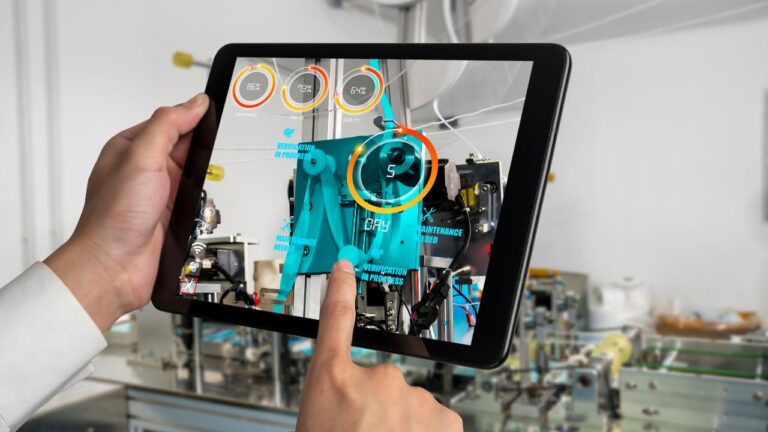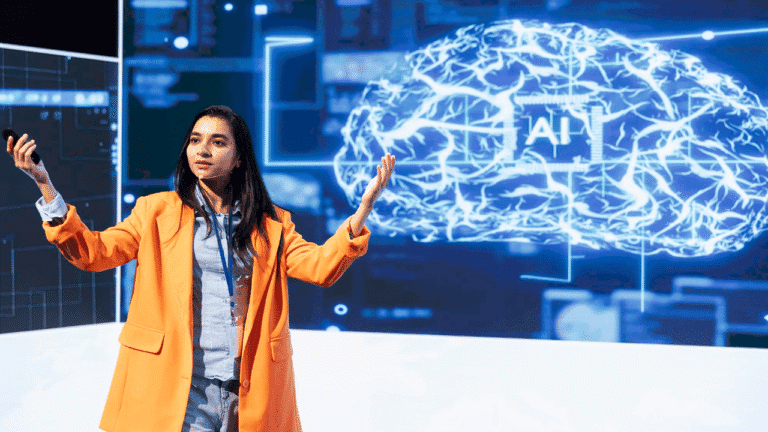Artificial Intelligence in Healthcare
Introduction
Artificial intelligence (AI) is being used in healthcare to improve the quality of care and reduce costs.
Artificial Intelligence in Healthcare – Wisely allocating resources
AI can help healthcare providers allocate resources more efficiently. It’s not just about finding the best way to use your money, but also about identifying patients who are at risk of developing serious medical conditions and then getting them into treatment quickly.
AI also allows you to decide which treatments are right for each patient based on their individual needs rather than blindly following a treatment protocol that may not be suitable or appropriate for them.
Artificial Intelligence in Healthcare – Smart systems to manage medication
A smart system can help manage your medication by identifying errors and preventing them from happening. This is done by using artificial intelligence to monitor the interactions between drugs and other substances, and then alerting you if something needs to be changed or avoided.
This type of system also helps prevent medication errors by directly monitoring the patient’s health status at all times, so doctors know when they need to re-evaluate their treatment plan based on new information about their condition.
Artificial Intelligence in Healthcare – Managing all of the data
As you know, big data is a problem for healthcare. It’s difficult to deal with all of the data and make sense of it, especially when there are so many variables involved in performing an intervention or analyzing results from an experiment. AI can help with this by sorting through all of that information and identifying patterns in what you’re looking at.
AI can also help predict future outcomes based on your current state, allowing for more accurate predictions about future health outcomes. This is especially important if you want to determine whether or not someone has a chance at living longer than other people who have similar conditions–and if so, how long they’ll live! For example: If we know that one person has been diagnosed with lung cancer but hasn’t yet succumbed to their illness (and therefore may still be alive), then we could use AI technology like machine learning algorithms to predict whether this particular patient will live longer than others who have died within the same time frame because their diagnosis wasn’t discovered until after those individuals’ deaths occurred.”
Identifying high risk patients before things get bad
Artificial intelligence can help identify high risk patients before things get bad. For example, an artificial intelligence system may be able to predict the likelihood of a patient needing emergency care within the next 24 hours based on other factors such as their age and medical history. This could allow doctors to plan accordingly by allowing them to treat those who need immediate care first, leaving less urgent patients until later in the day or week (or even month).
Advances in medical imaging
AI is being used to help doctors make better diagnoses. It can also help doctors learn more about the human body and how it works, which helps them treat diseases.
AI is used to study the body’s inner workings in order to understand how diseases work. This information can be used by doctors as well as researchers around the world who use computer models for their research purposes (for example, those studying cancer).
Artificial intelligence is already being used to improve the quality of care, and more applications are on their way
Artificial intelligence is already being used in healthcare to improve the quality of care, and more applications are on their way.
AI can be used to identify high-risk patients before things get bad, helping hospitals manage medication effectively and improve outcomes for both patients and providers. In addition to these practical benefits, AI can also help hospitals make more informed decisions about how they deploy resources for patient care–and how much money it costs them every year.
Artificial Intelligence in Learning Management Systems
We’ve seen how artificial intelligence can be used for healthcare and other industries. The applications are vast, and we’re excited to see where this technology goes next. As you can see, the future of learning is artificial intelligence. LMS are already being used in classrooms across the globe to help students learn at their own pace and pace them with virtual assistants. Chatbots have also been developed that can interact with learners on social media networks such as Facebook Messenger and Twitter. With these technologies combined, it’s clear why so many educators are excited about how AI will revolutionize their classrooms!


